About Me
I am a fourth-year CS PhD candidate at Cornell University, advised by Prof. Bharath Hariharan.
Previously, I obtained my Bachelor's degree from Johns Hopkins University, advised by Prof. Alan Yuille.
My work is supported by NSF GRFP and my research interests are computer vision and machine learning, especially in building vision systems for real-world and embodied applications.
If you would like to chat with me, please drop me an email!
My work is supported by NSF GRFP and my research interests are computer vision and machine learning, especially in building vision systems for real-world and embodied applications.
If you would like to chat with me, please drop me an email!
Publications show selected show all
|
|
NeurIPS 2025
We track objects through transformations while detecting and describing these state changes and resulting objects. |
|
|
Yihong Sun,
Hao Zhou,
Liangzhe Yuan,
Jennifer J. Sun,
Yandong Li,
Xuhui Jia,
Hartwig Adam,
Bharath Hariharan,
Long Zhao,
Ting Liu
arXiv 2024
We generate videos that continue naturally from the context images while carrying out the action concepts from the demonstration videos. |
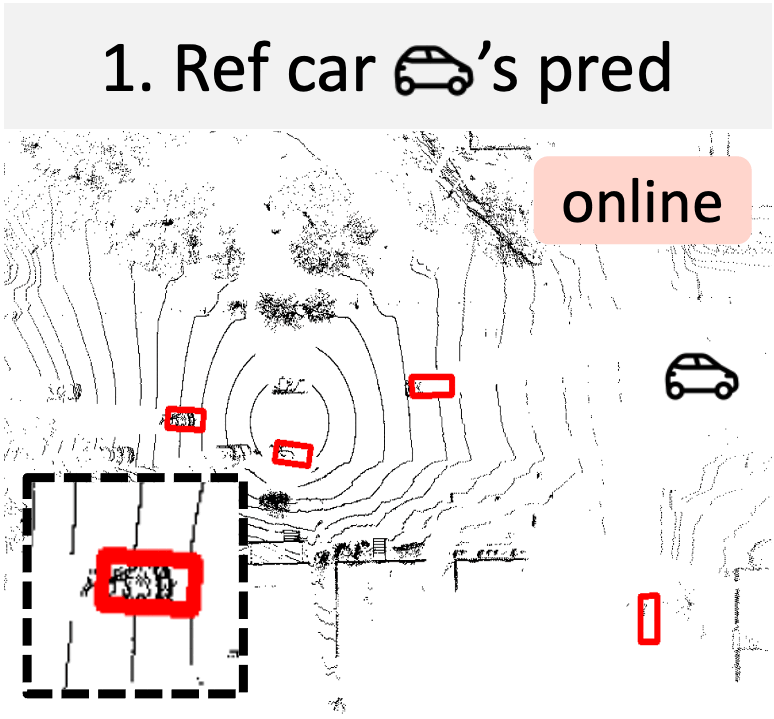
|
Jinsu Yoo,
Zhenyang Feng,
Tai-Yu Pan,
Yihong Sun,
Cheng Perng Phoo,
Xiangyu Chen,
Mark Campbell,
Kilian Q. Weinberger,
Bharath Hariharan,
Wei-Lun Chao
ICLR 2025
We construct 3D object detectors by learning from the predictions of a nearby unit that is equipped with an accurate detector. |
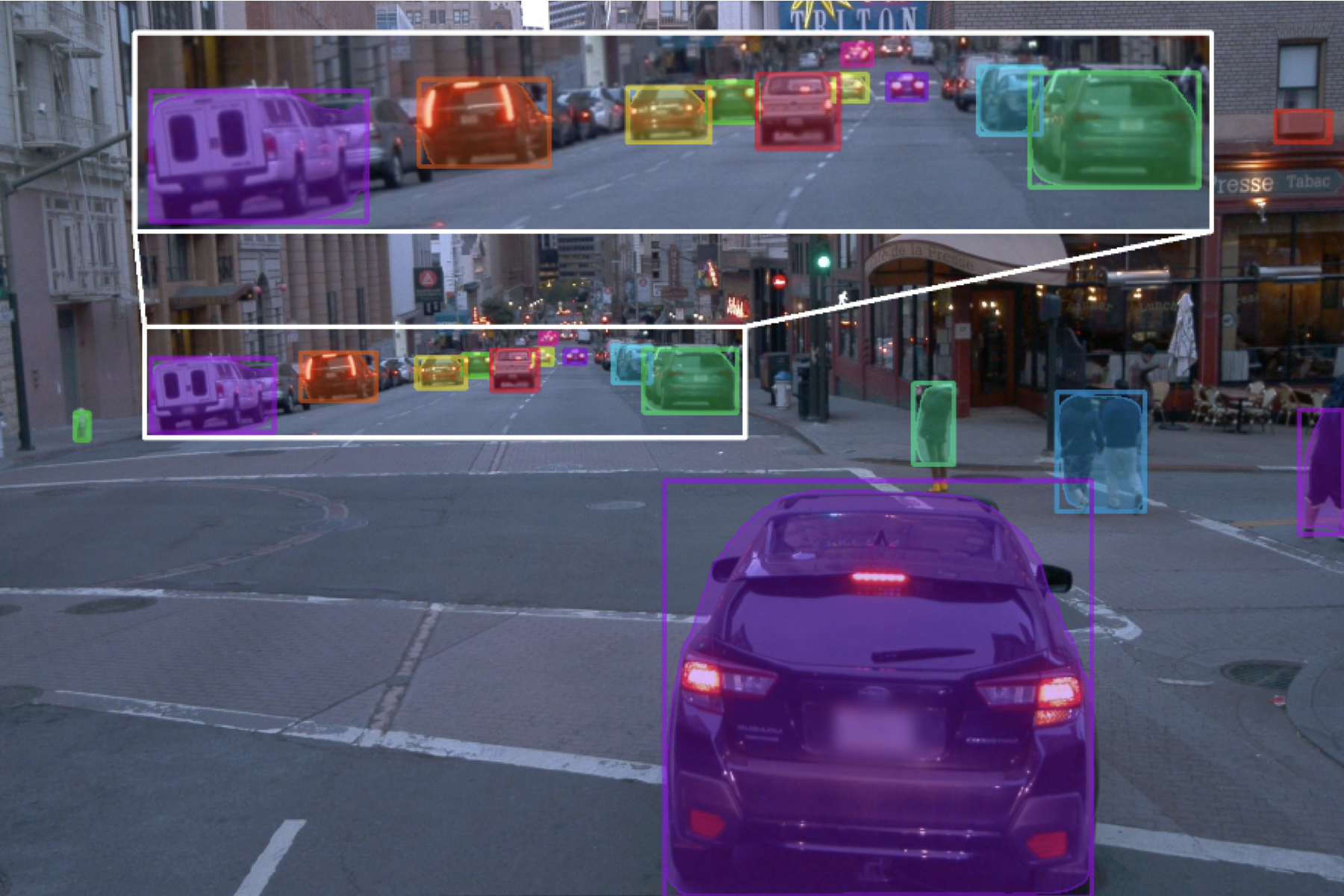
|
Yihong Sun,
Bharath Hariharan
ECCV 2024
We build an unsupervised mobile object detector from unlabeled videos only by leveraging independent motion information. |
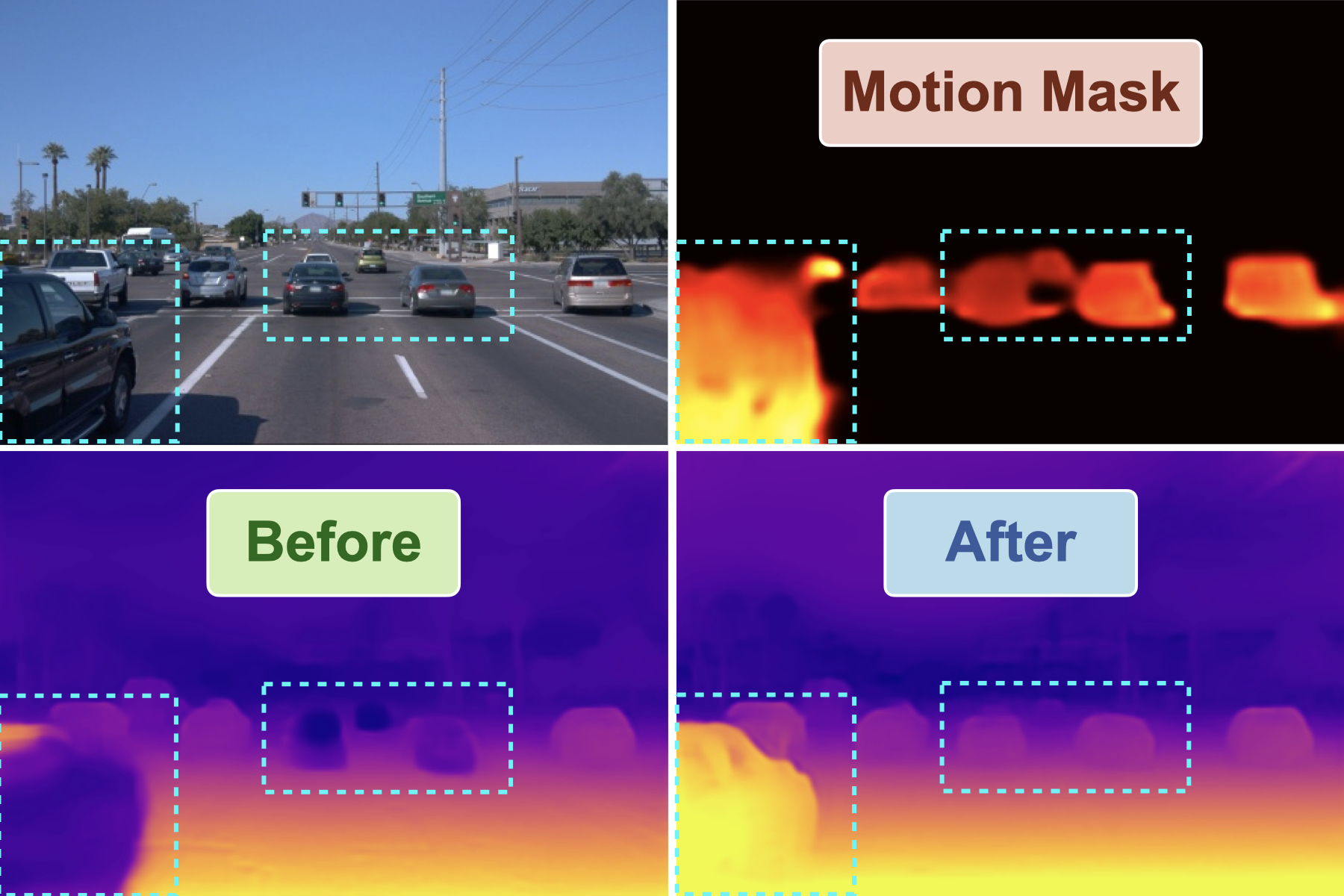
|
Yihong Sun,
Bharath Hariharan
NeurIPS 2023
We improve unsupervised monocular depth estimation for dynamical scenes by modeling 3D independent flow and motion segmentation. |
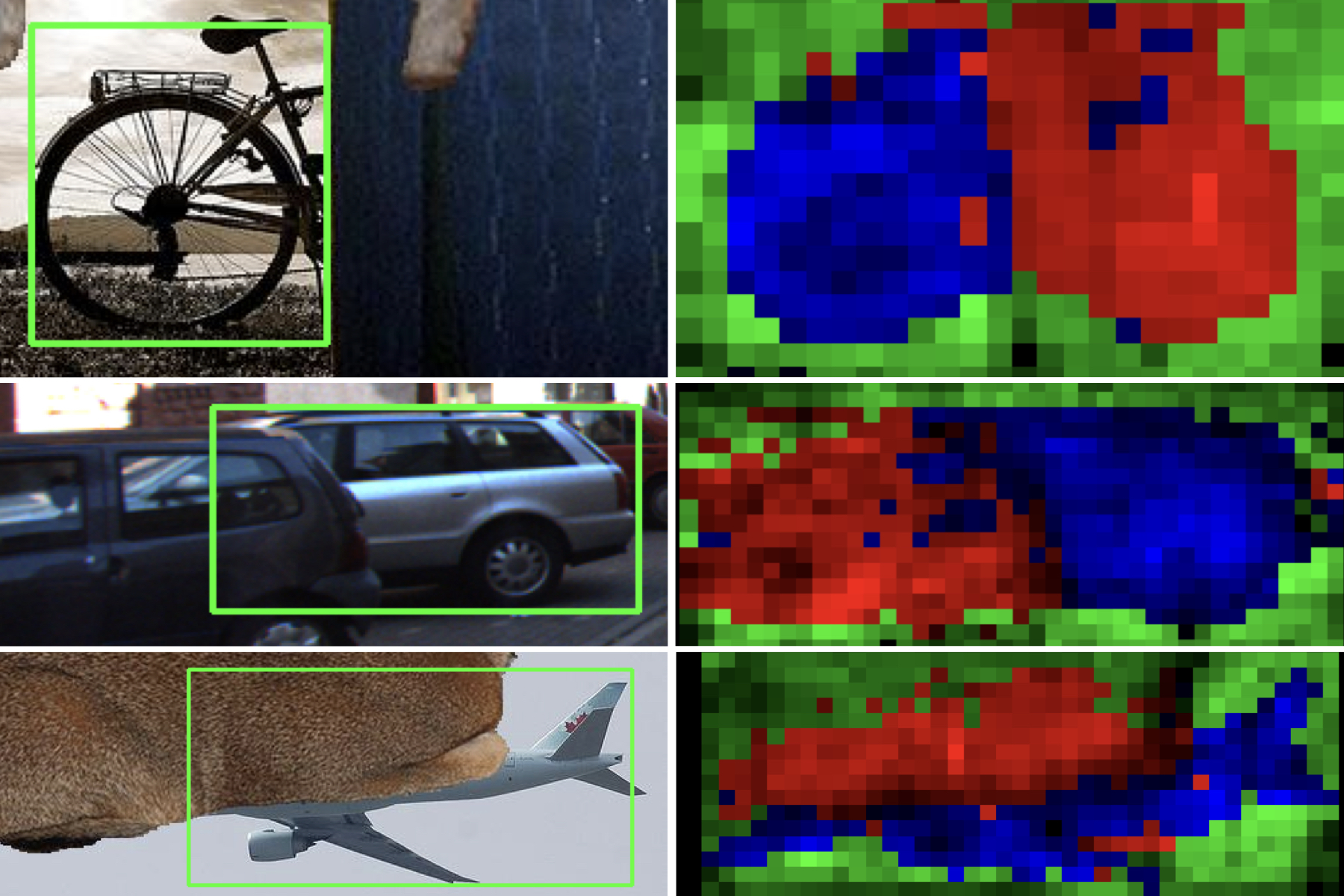
|
Yihong Sun,
Adam Kortylewski,
Alan Yuille
CVPR 2022
We estimate amodal segmentation using a Bayesian generative model trained from non-occluded images and box-level annotations only. |
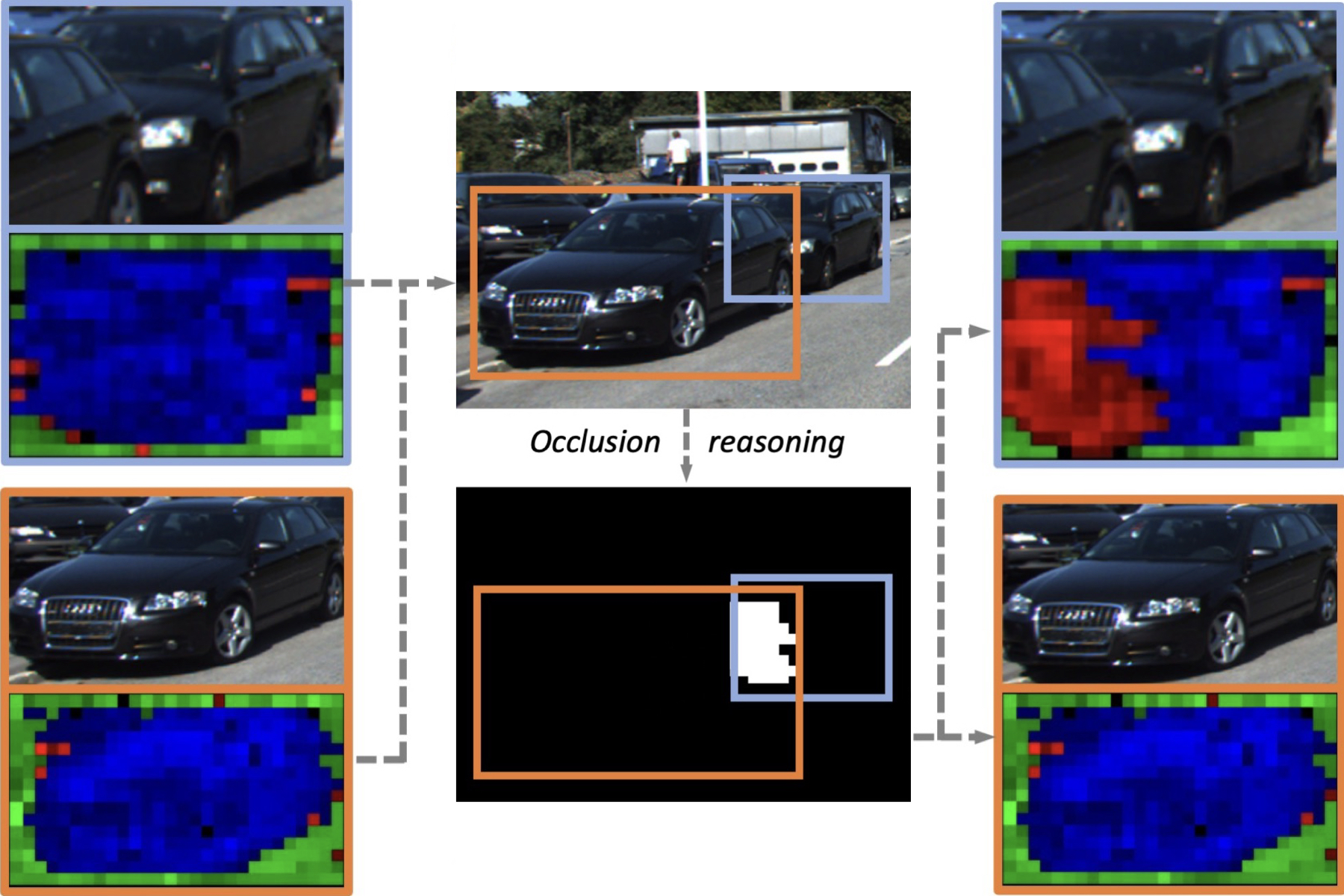
|
CVPR 2021
We reason about multi-object self-occlusions by inspecting part-level activations of a Bayesian generative model. |
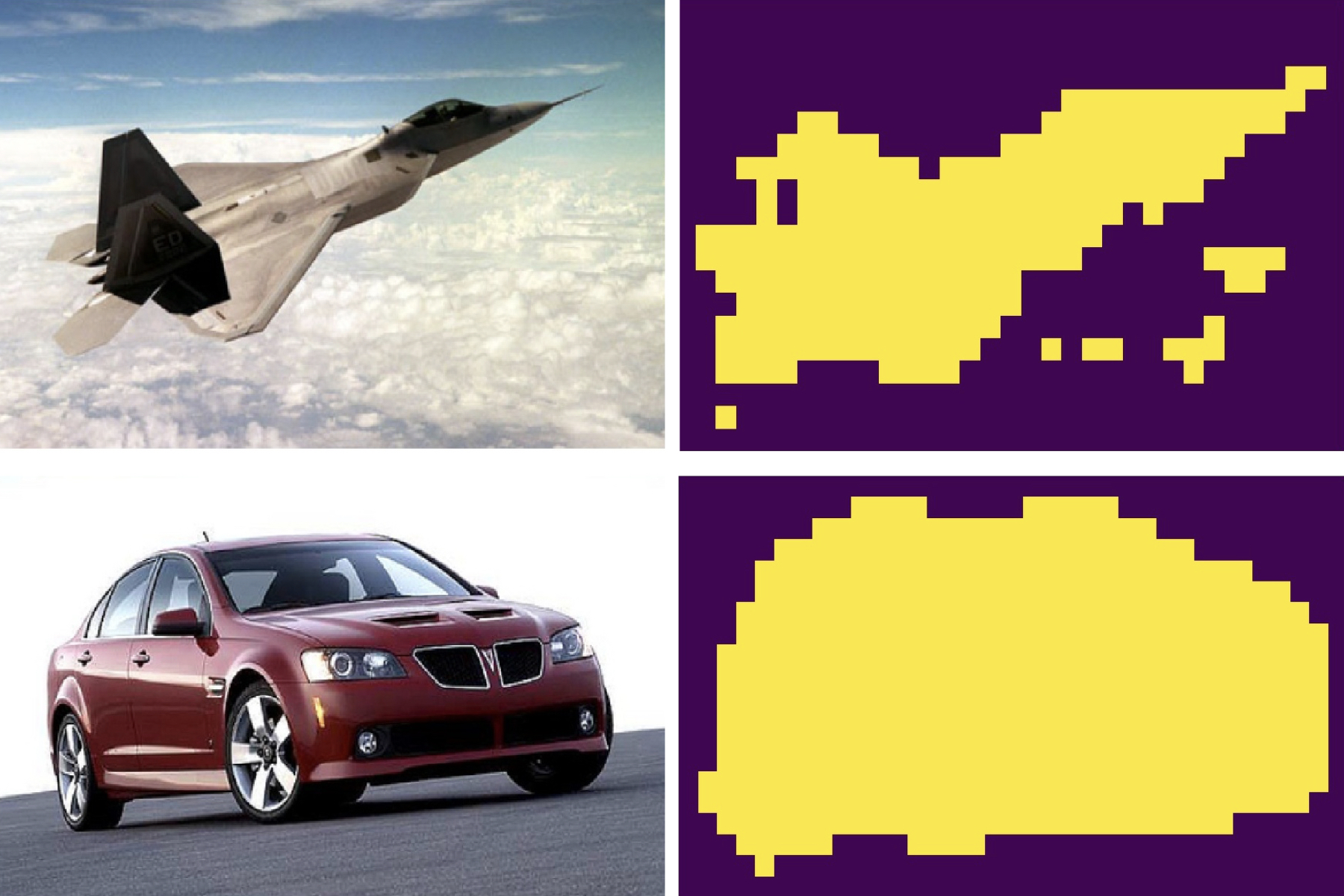
|
CVPR 2020
(*) denotes equal contribution
We improve object detection under partial occlusion by regulating contextual bias and enhancing localization via compositional part voting. |
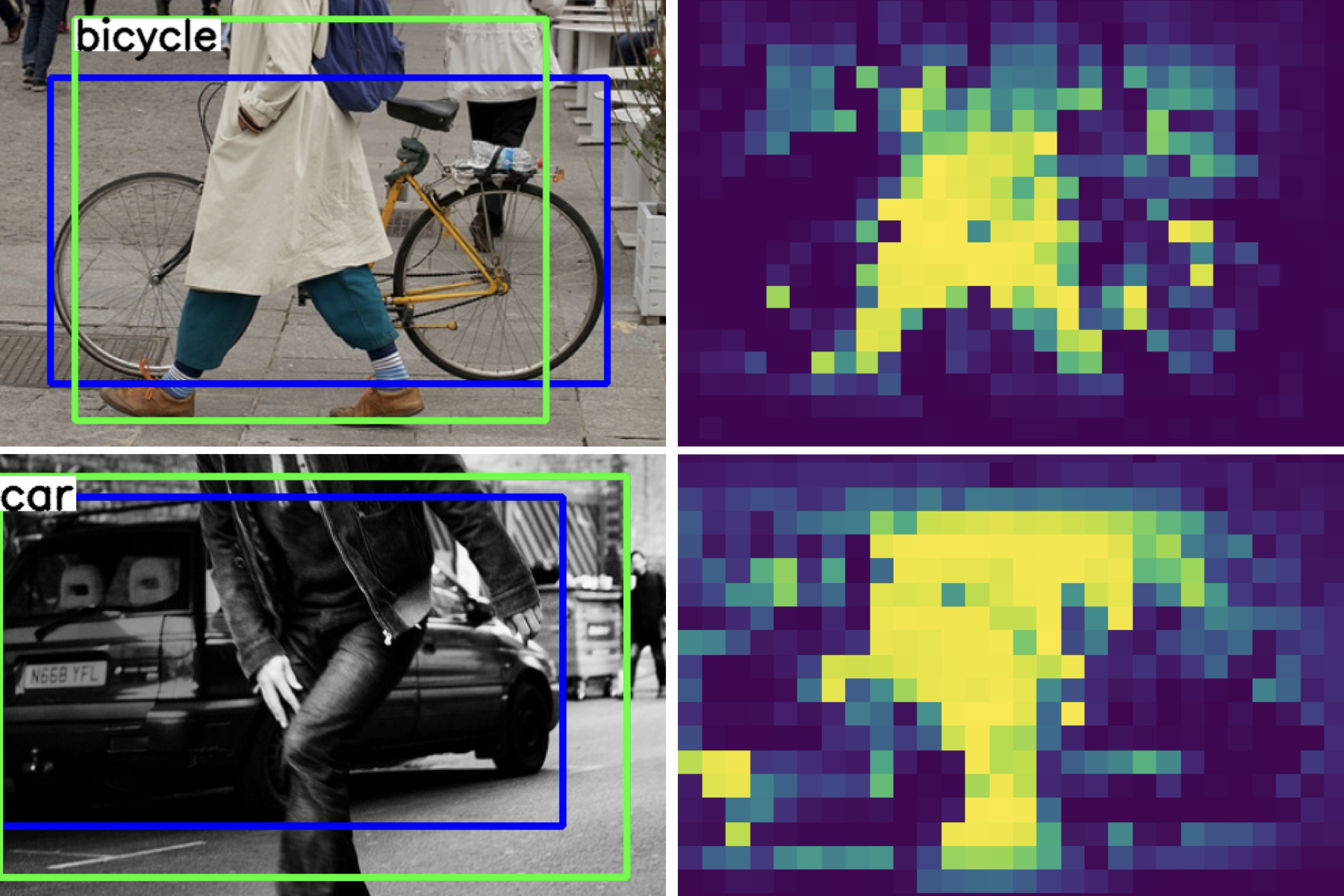
|
IJCV 2020
We propose CompositionalNets, interpretable deep architectures with innate robustness to partial occlusion, for image classification and object detection. |
Experience

|
May 2025 - Present
|

|
May 2024 - Dec 2024
- Worked on Video Creation by Demonstration.
|
Teaching

|
Bowers CIS College of Computing and Information Science
- CS4670/5670 Introduction to Computer Vision (SP23)
- CS4787/5777 Principles of Large-Scale Machine Learning (FA22)
|
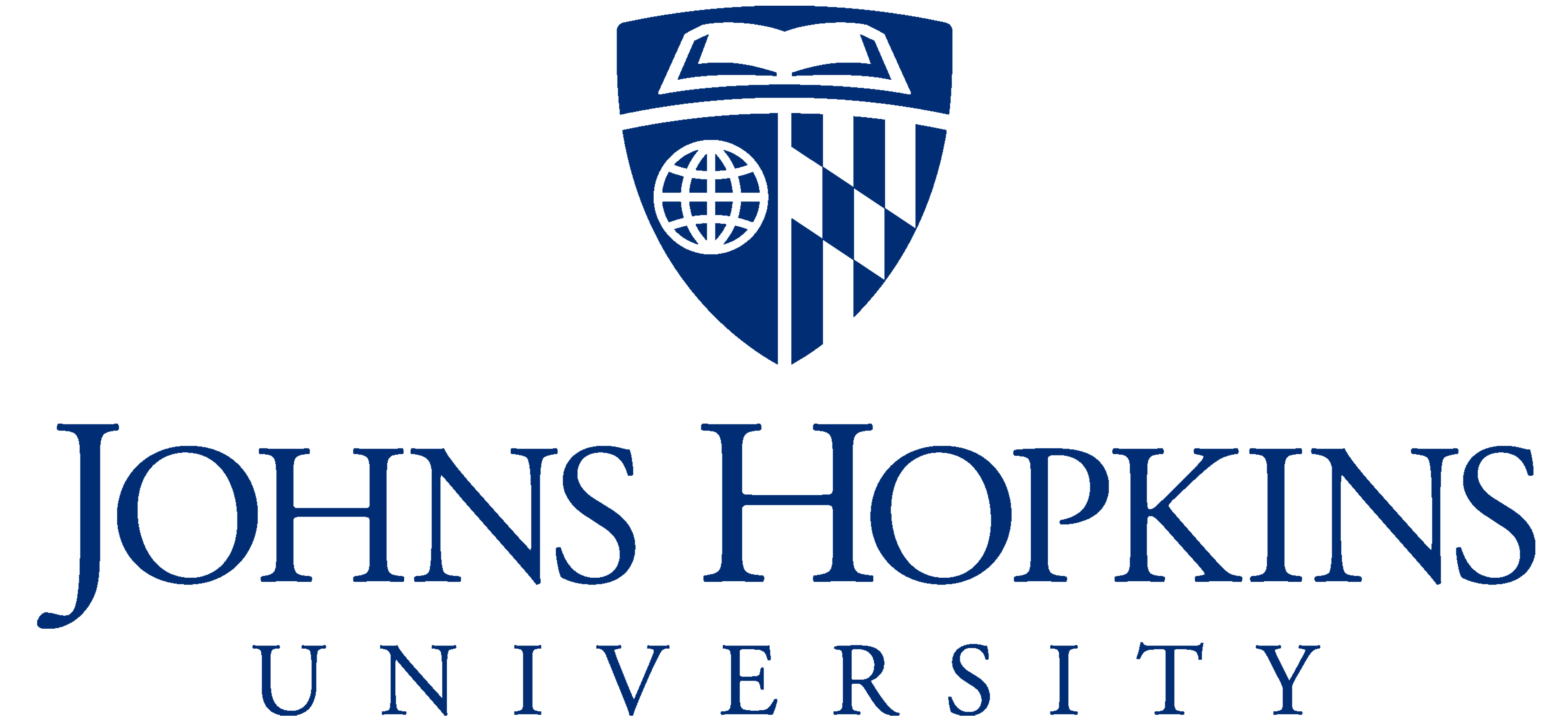
|
Department of Computer Science
- EN.601.783 Vision as Bayesian Inference (SP22)
|